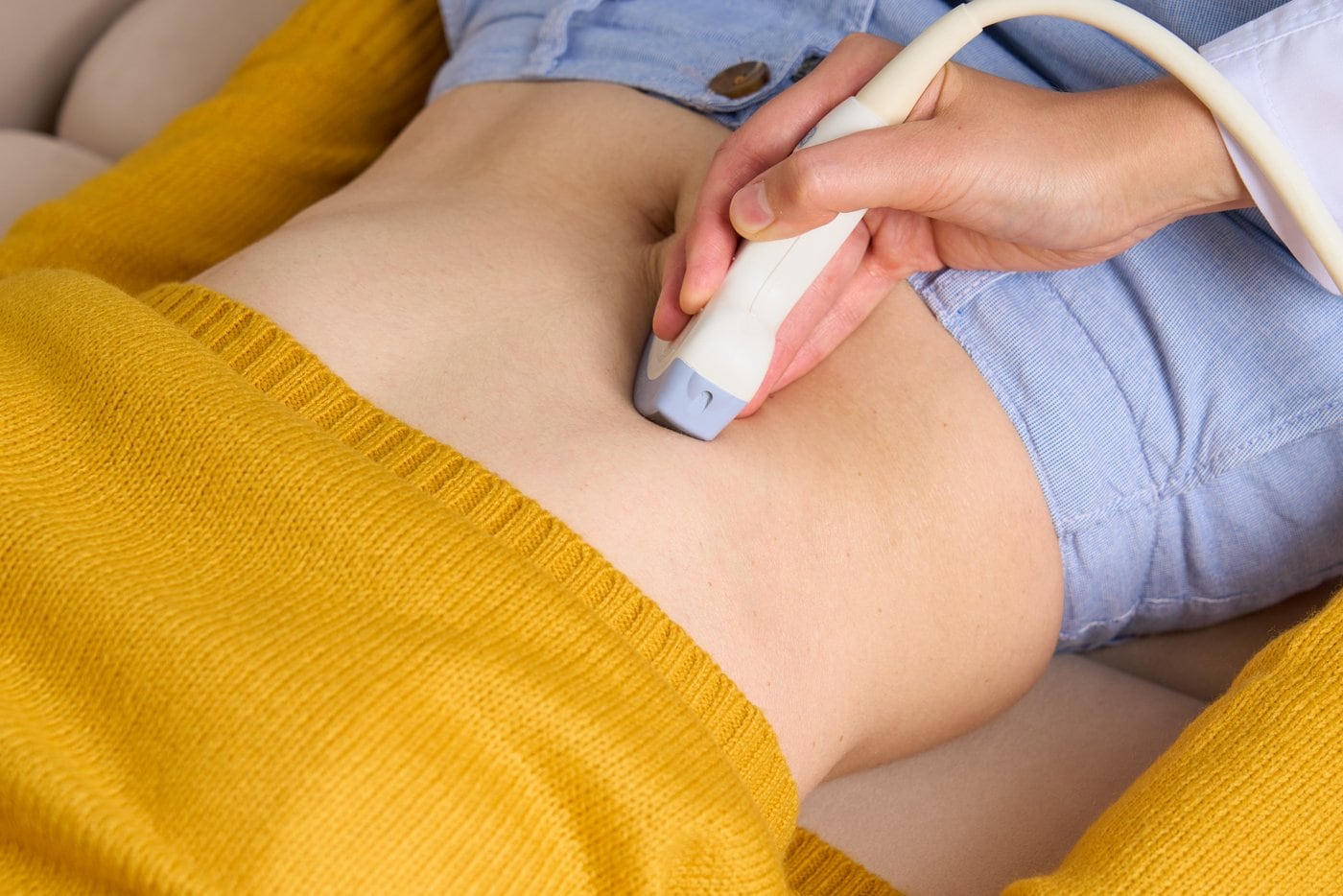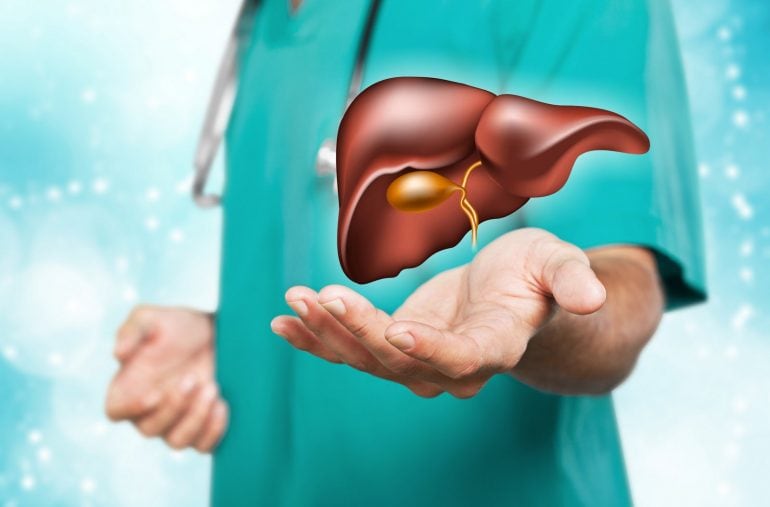Is that pain in your abdomen coming from your gallbladder? And if so, should you get surgery to take it out?
Here, a physician offers some information about gallstones and other types of gallbladder inflammation.
A doctor answers the gallbladder question
The question: “I’m starting to get pain after eating, and I’m worried I might have gallstones. How do I know if I need my gallbladder out?”
Gallbladder surgery
Two of the most common surgeries in America are removal of one’s gallbladder, called a cholecystectomy, and removal of one’s appendix, or appendectomy. Unlike most other organs, a person can live normally without their appendix or their gallbladder — without needing any special medications.
Some people come to my office and say, “Well, if I don’t need them, then why do they exist?” Or, “Can’t you just take it out now?”
Unfortunately, taking out organs isn’t as easy as taking out the trash. There are very specific indications for taking out a gallbladder. First and foremost, you need to discuss your history with your physician and get a physical exam.
Many types of abdominal pain beyond the gallbladder
Not all abdominal pain is “gallbladder pain.” Gallbladder pain usually occurs when the ducts of the gallbladder are blocked, or when the gallbladder is inflamed. Sometimes the blockage can cause inflammation. The medical term for this is “gallstone cholecystitis,” meaning that you have stones in your gallbladder and they are causing your gallbladder to be inflamed, which is causing you pain.
So how do you know if your gallbladder is inflamed? Usually, the pain is located in the upper abdomen, often more on the right side. It often starts off as a sharp or squeezing pain that either comes and goes or steadily gains in intensity.
If the pain goes away, it is likely because the gallbladder duct was temporarily blocked, and now the blockage has subsided. This is called biliary colic. If it is constant, lasts more than six hours, and you can’t find a comfortable position, you may have inflammation of your gallbladder.
If you develop fever, yellow skin or eyes, or vomiting along with the pain, head to the ER. You might have a blockage that is affecting your liver or pancreas.
Often, if your physician is suspicious about your gallbladder, they will first order a gallbladder ultrasound. About 90 percent of the time, gallstones cause gallbladder inflammation, and usually, these stones can be seen on ultrasound.

When it’s not the stones
But there are cases where the stones can’t be seen on ultrasound or where the gallbladder disease is not related to stones. For example, people with vascular disease, diabetes, HIV, or who have prolonged periods of fasting are predisposed to gallbladder inflammation.
In addition to the gallbladder ultrasound, your physician likely will order lab tests to look at your pancreas and liver and to check your blood counts for signs of infection and inflammation. Then, based on your history, exam, ultrasound and labs, you and your doctor will come up with a plan of care.
The decision to operate often happens after you visit a general surgeon. If you have gallstones that are not causing symptoms, you can often hold off on surgery. If you have gallstones that are causing occasional symptoms — especially if those symptoms are getting more frequent or severe — then the surgeon will often schedule you for a gallbladder removal in a few weeks to months.
If you have severe pain symptoms that wake you up at night or that have caused dehydration or fever, please be seen right away. You may need to have your gallbladder out immediately.









